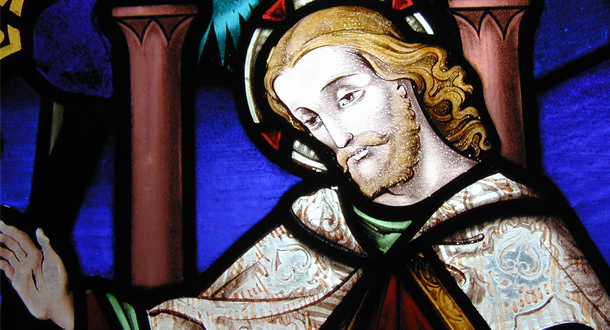
Scripture:
Reflection:
Then Jesus said to them, “The sabbath was made for man, not man for the sabbath. That is why the Son of Man is lord even of the sabbath.” Mark 2:28.
One of the more classic lines in novels, movies, TV dramas, and even in real life is the demand, Who’s in charge here?
We have been asking that question more than usual these years. It is usually triggered when something out of the ordinary takes place because someone has stepped into our world and made changes, usually with changes we don’t agree with, little changes and big changes. All of a sudden, we become the judge, the arbitrator, the decider-in-chief of those changes that have taken place. Sometimes we bristle, but other times we may take a long view and begin to see the wisdom of the change.
When Jesus breaks into our history and into our lives, he begins to make changes, changes that begin to upset our normal way of living.
According to the Evangelist Mark, Jesus begins to teach with authority: “All were amazed and asked one another, ‘What is this? A new teaching with authority. He commands even the unclean spirits and they obey him.” Mark 1:27. Then he goes and heals Peter’s mother-in-law and all those who came seeking him at night (Mark 1:29 ff). But his first big test came when a paralyzed man was brought to him at his home when he was teaching. The house was so full of people that the paralyzed man had to be dropped down from the roof. So, Jesus says, “My son, your sins are forgiven.” (Mark 2:5) That was a bridge too far for the Scribes who were present in the crowd. They rebelled. They knew the implications of Jesus saying that he has the power to forgive sins, he was making himself God!
Then in today’s Gospel passage from Mark, Jesus says, “The sabbath was made for man, not man for the sabbath. That is why the Son of Man is lord even of the sabbath,” when his disciples break the sabbath to feed themselves when they are hungry.
A big question for us these days is, when do we know that God is asking us to go beyond the norms of our lives? In John’s first letter to his community, he says: “Beloved, do not trust every spirit but test the spirits to see whether they belong to God, because many false prophets have gone out into the world.” I John 4:1) This is such an important text to us as we try to discern what is from Jesus and God and what is from false prophets.
Fortunately, we have a clear message from Jesus as to know when we are his disciples: “This is how all will know that you are my disciples, if you have love for one another.” John 13:35 I believe that no one has to tell us what Jesus means when he tells us to love one another. Anything that leads us to love our neighbor as ourselves, to see the other as a brother or a sister, to treat each other justly and fairly tells us that we are following Jesus, who is the Lord of the Sabbath. On the other hand, if we follow a path of hate, violence and deceit, trample other people’s rights, and deny them the dignity of being children of God, then we are following false prophets.
A good way to conclude is by reflecting on our Gospel Acclamation for today: May the eyes of [your] hearts be enlightened, that you may know what is the hope that belongs to our call. Ephesian 1:18
Fr. Clemente Barrón, C.P. is a member of Mater Dolorosa Community in Sierra Madre, California.
